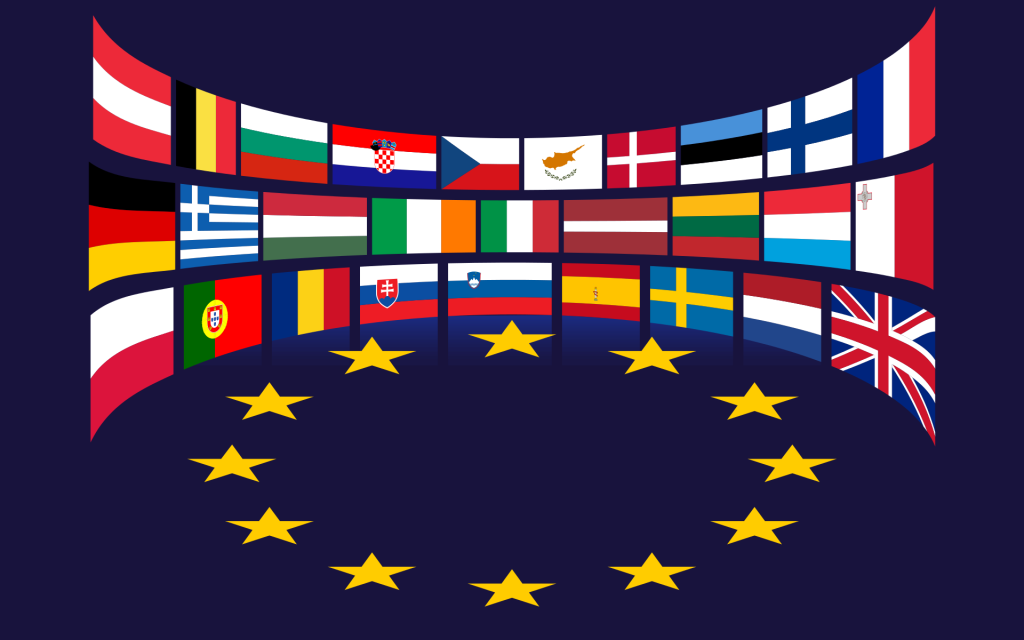A group of 11 countries has asked the European Union Nations to fasten up their negotiations on framing new climate change policies. The motive is to quit Russian fossil fuels with immediate effect.
The European Parliament has indicated that it will not ratify the agreement unless some of these issues are addressed.
The EU’s carbon market is being redesigned, a deadline for new combustion engine automobiles within the EU is being set at 2035, and increasing renewable energy targets are on the table.
The plans are meant to reduce EU net greenhouse gas emissions by 55% relative to 1990 levels by 2030.
However, their connections to energy security have come to the fore as the EU works to end its reliance on Russian fuels by 2027 – in part through renewable energy and energy efficiency – as a result of Russia’s invasion of Ukraine.
“Now is the time to be courageous and push forward with confidence with the green shift.”
The EU countries said in a joint statement that any delay or hesitation will only exacerbate their energy dependence, which was to be published on Thursday.
“The clock is ticking. It’s time to get serious, and countries must support the ideas,” they advised, urging nations to back the proposals.
Denmark, with the support of Austria, Germany, Spain, Finland, Ireland, Luxembourg, Latvia (the Netherlands), Sweden, and Slovenia, made a declaration.
Dan Jorgensen, the Danish climate minister, said that his country and several others were demanding a “green path to EU energy independence based on Russian fossil fuels as soon as possible.”
Not everyone is in agreement. Hungary’s prime minister, Viktor Orban, called for the EU to suspend its carbon market, the EU’s major emissions-reduction tool, in response to high energy costs on Wednesday.
The Polish government has called for the climate negotiations to be put on hold in order to assess the impact of the war.
The EU said it’s important to reduce its reliance on Russian gas, which provides 40% of the continent’s supply. The 11 nations agreed that changing to non-Russian gas quickly must avoid locking in carbon emissions and guarantee the EU stays on track to eliminate net emissions by 2050.
The EU is planning to reduce gas usage by 30% in 2030, according to Brussels. Wider adoption of renewable energy and savings in energy usage might also help reduce energy costs, which have increased owing to high gas prices in recent months.
